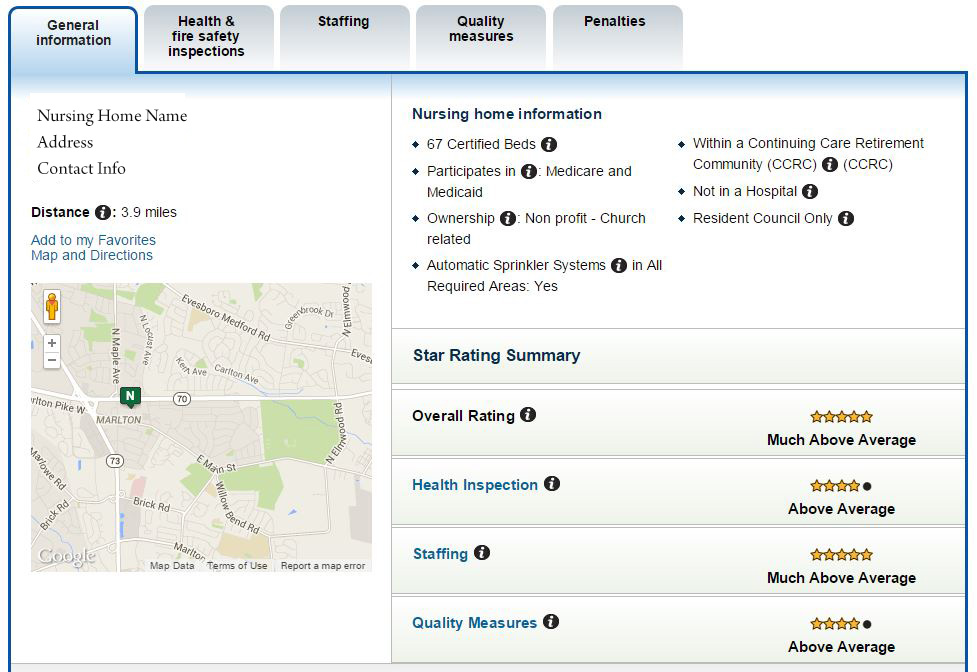Neglect and Poor Care Linked to Urinary Tract Infections in Nursing Homes
Urinary Tract Infections, or UTIs, are a common complaint among families with a mom or dad in long-term care. UTIs can be dangerous. First, UTIs can become a serious infection if untreated. However, UTIs also lead to falls, because UTIs cause people to feel as if they have to go to the bathroom constantly – a problem when someone with dementia forgets to ask for help to go to the bathroom. This problem is made worse by the fact that UTIs can also cause people who have no cognitive problems to exhibit signs of dementia, like having hallucinations.
Aggravating the diagnoses of a UTI is the fact that a recent study has linked UTIs in New Jersey nursing homes to a failure to administer medications and poor supervision. A recent study written about in McKnight’s, a long-term care publication, reported the findings published in Geriatrics. You can read the full article here.
The study, conducted by the University of Colorado College of Nursing, confirms what many of us practicing in this field know – that UTIs may be evidence of poor care and neglect. UTIs are many times caused by improper cleaning after toileting and being left in a diaper for too long.
If a loved one is experiencing recurrent UTIs, demand a care planning meeting. Find out why the UTIs are happening and what is being done to prevent them. If you or a loved one are dealing with issues due to poor care, contact Stark & Stark today for your free consultation.

